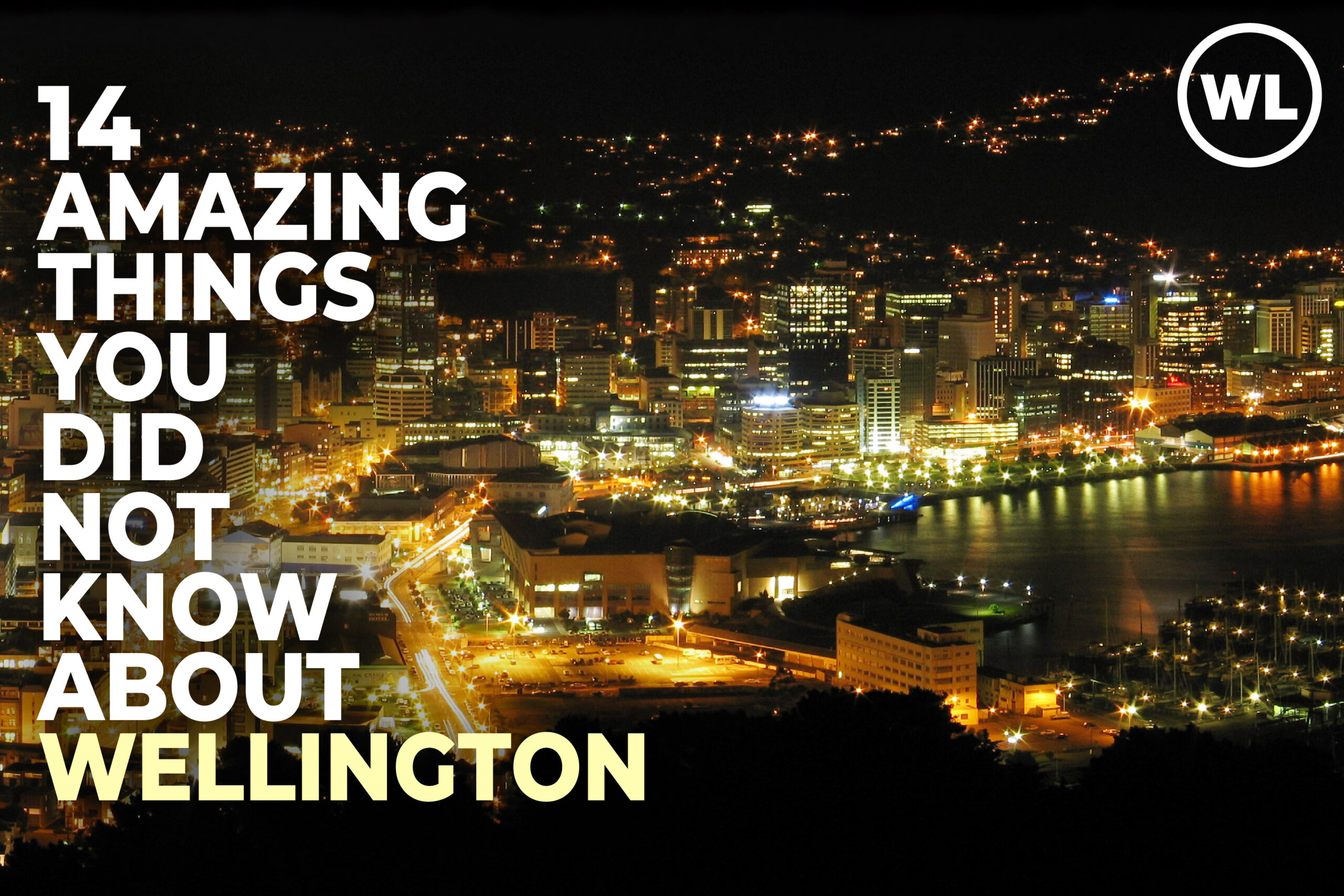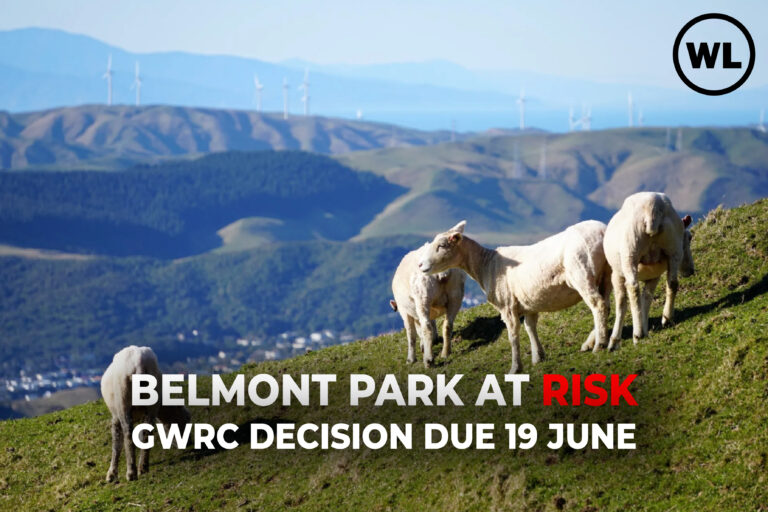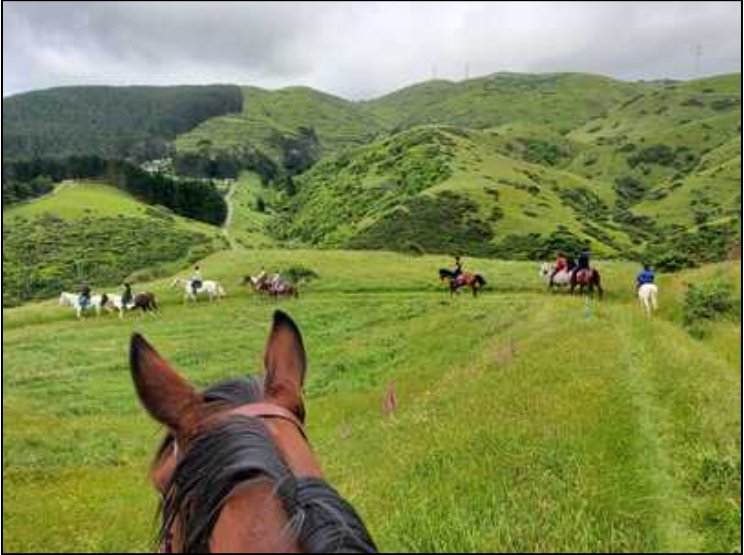Belmont Park at Risk – GWRC Decision Due 19 June
By Wellington Live
An Iconic Wellington Park at Risk
Belmont Regional Park – one of the Wellington region’s most loved and widely used recreational spaces – could soon be unrecognisable. Greater Wellington Regional Council (GWRC) is pushing ahead with plans to end farming in the park by early 2026, a move they say aligns with their Carbon Neutral Action Plan.
But the community isn’t convinced. A growing grassroots group called Preserve Belmont (Farm) Park Community is raising the alarm, saying the council’s decision will do more harm than good – turning an accessible, multi-use park into a fire-prone, overgrown, and less usable space.
Farming and Recreation – A Longstanding Balance
Belmont Regional Park is a rare public-access high-country farm – a place where everyday Kiwis can walk, cycle, horse ride and enjoy nature alongside traditional farming. It’s a uniquely Wellington space where conservation, recreation, and agriculture have managed to co-exist successfully for decades.
“Farming here isn’t just about sheep and cattle,” says a local group member. “It’s a practical, low-cost way to manage the land, control weeds like gorse, reduce fire risk, and maintain access.”
Removing livestock could mean increased overgrowth, restricted access to tracks, and seasonal park closures – particularly in summer, the peak period for public use.
A History of Poor Management
GWRC argues that removing farming is necessary to reduce its corporate carbon footprint. But concerned residents point to past examples – like Baring Head – where similar changes resulted in worse environmental outcomes.
“Baring Head had farming removed and was shut down to the public this summer due to fire risk,” one supporter of the Belmont preservation group told us. “We’re worried Belmont will face the same fate. The council’s intentions may be good, but the execution has been poor.”
Community Voice Ignored?
The path to this decision has left many locals feeling shut out. In 2020, GWRC conducted a public consultation process, but it was poorly promoted and didn’t include a direct question about farming in Belmont. Just 390 submissions were received across all eight of the region’s parks – in an area with over 700,000 people.
In contrast, the Preserve Belmont group gathered 1,362 signatures in favour of continuing farming in the park. They even made a formal presentation to GWRC in May 2023. Still, their concerns appear to have had little influence.
A Park with Heritage, History and Heart
Belmont is more than just farmland or walking tracks. It’s a living part of Wellington’s past. The park includes:
Three historic farmhouses (one now operating as an Airbnb)
A World War II-era Munitions Laboratory Museum
62 ammunition magazines hidden across the hills – once disguised to look like chicken sheds from the sky
A functioning woolshed, sheds, yards, fencing and farm tracks
Māori and Pākehā have both shaped this land, and today it’s a place where Wellingtonians of all ages and backgrounds come to connect with nature, history and open space.
What’s the Council Proposing?
GWRC is exploring a “low-impact grazing” model focused on the hilltops. But this would require expensive infrastructure upgrades, and they’re also hoping to plant more native trees.
Locals say that’s a nice idea – in theory.
“The conditions in Belmont are harsh, and native planting isn’t cheap. Without farmers on the ground, pests like rabbits and hares will take over and threaten new growth. It’s not just about planting trees – it’s about being able to maintain and protect them.”
What’s Next – And Why It Matters
📅 Key date: Wednesday 19 June 2025
📍 Greater Wellington Regional Council, Cuba Street Office
On this day, GWRC’s Environment Committee will meet to consider options for a long-term restoration strategy for Belmont Regional Park. Councillors will review recommendations covering:
Fire risk and land management
Public accessibility and recreational use
Biodiversity and native restoration
Pest control
Grazing and land affordability
The decisions made at this meeting could shape how Belmont Regional Park is used, accessed, and maintained for decades to come.
Where You Come In
The park belongs to all of us – not just the council. Whether you’re a mountain biker, tramper, dog walker, or just love getting out into Wellington’s hills, now is the time to speak up.
Here’s how you can help:
✅ Follow the Preserve Belmont (Farm) Park Community on social media
✅ Email your local councillors and ask where they stand
✅ Attend the meeting on 19 June if you can
✅ Share this story and raise awareness
“We want to work with nature – not shut people out of it. Belmont is part of Wellington’s identity, and it should be protected with the community, not from it.”
Wellington Live will be following this story closely. Keep an eye on our channels for updates as the 19 June meeting approaches.
Their Socials :
Facebook : Preserve Belmont Farm Park
Instagram : Preserve Belmont Farm Park
Website : preservebelmontfarmpark.co.nz
#BelmontPark #WellingtonNews #GWRC #SaveBelmontPark #CommunityFirst #WellingtonLive
TRUTH SEEKER
Instantly run a Quiz with friends... about the article. Interact more & analise the story. Dig in, catch out biased opinions, and "fact check" with TRUTH SEEKER by ONENETWORK WELLINGTONLIVE 👋
Do you agree with the main argument of this article?
Total votes: 1
What is the main concern of the Preserve Belmont (Farm) Park Community?
Bias Analysis
Fact Check Summary
True
Source: Article
True
Source: Article









